Search

Inundaciones: sugerencias útiles
La primavera en el Medio Oeste siempre trae el riesgo de inundaciones, sea por la nieve que se derrite o por lluvia en exceso.
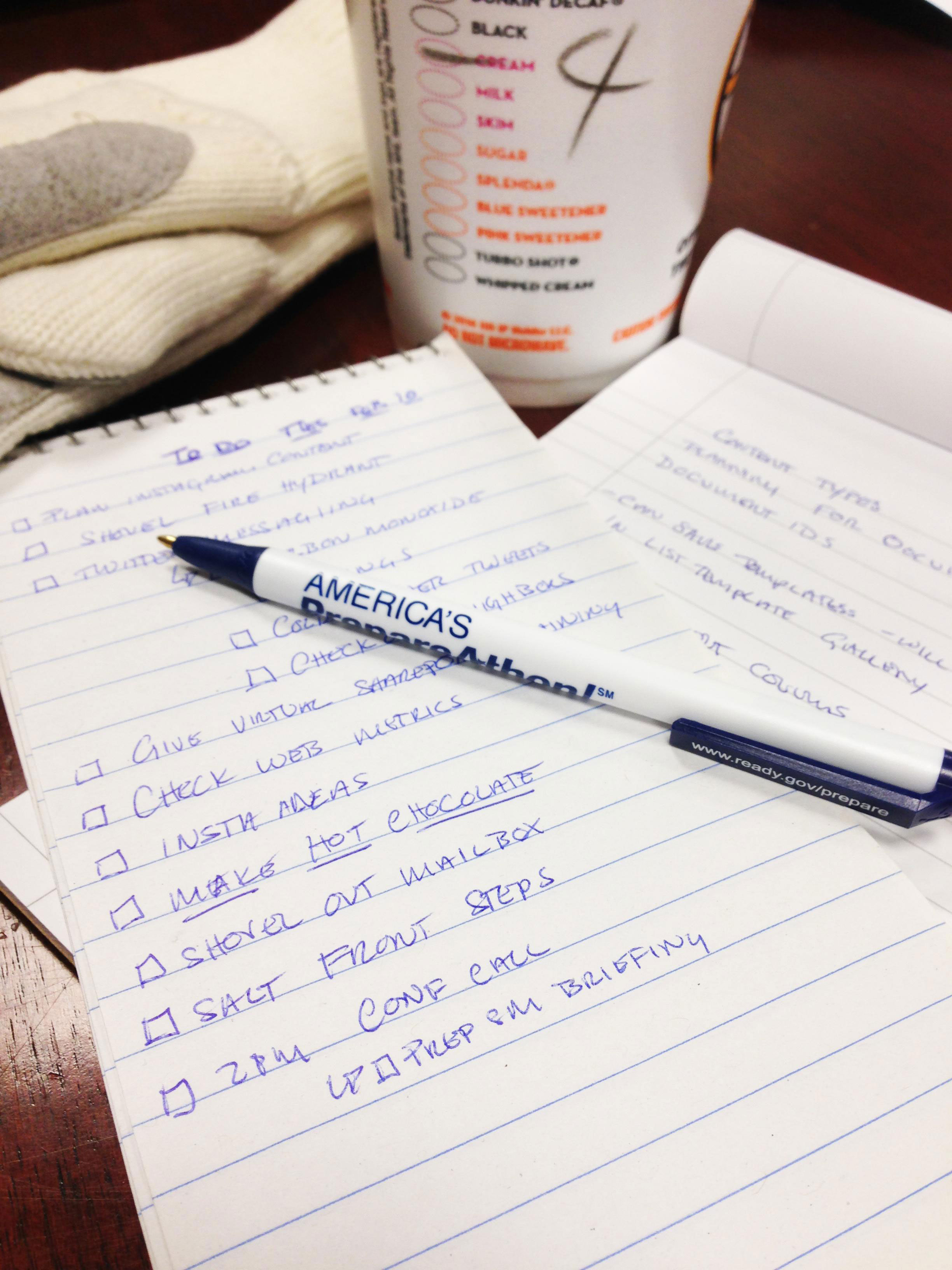
Communities Facing Disasters: Helpful Checklists
Whether communities are planning for, experiencing, or recovering from a disaster, checklists are helpful. View some helpful checklists created by experienced people who know what is needed during any stage of a disaster.
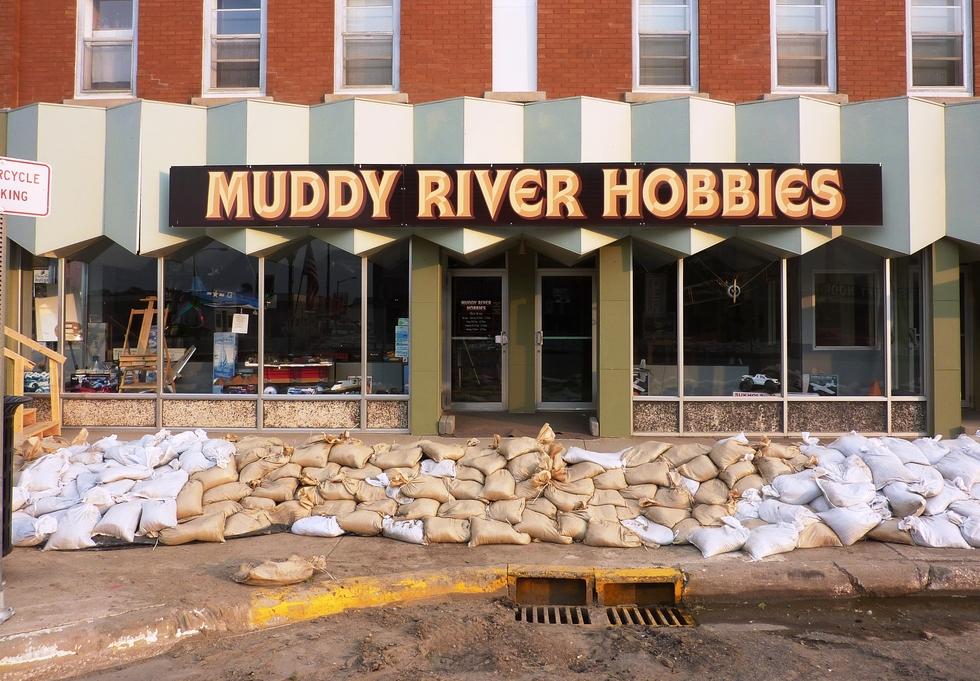
Managing Disaster Recovery for Your Small Business
What do you do when your small business is hit by a disaster such as a flood, tornado, fire or other natural disaster? Many times, with the day to day work of operating a business, we sometimes forget about what we have in our disaster plan.
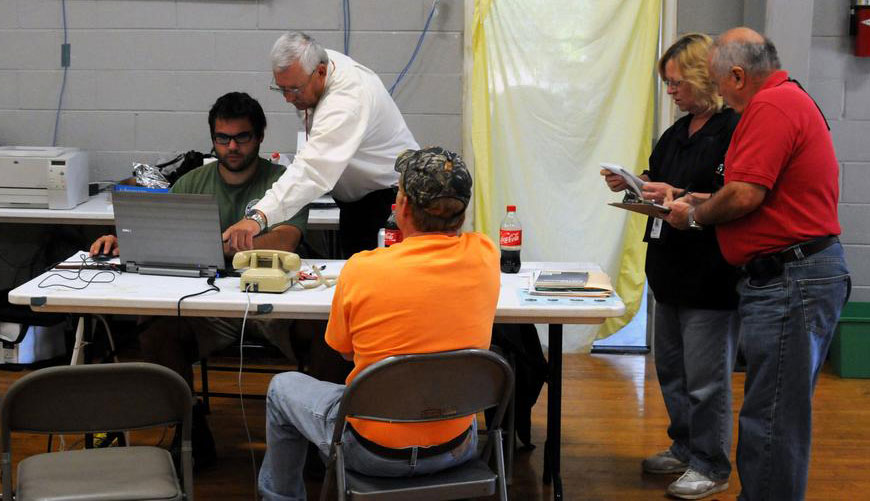
Every Disaster is Local First
If you are experiencing a disaster, it is a local disaster. Your best chance for immediate help before, during, or after a disaster is local.
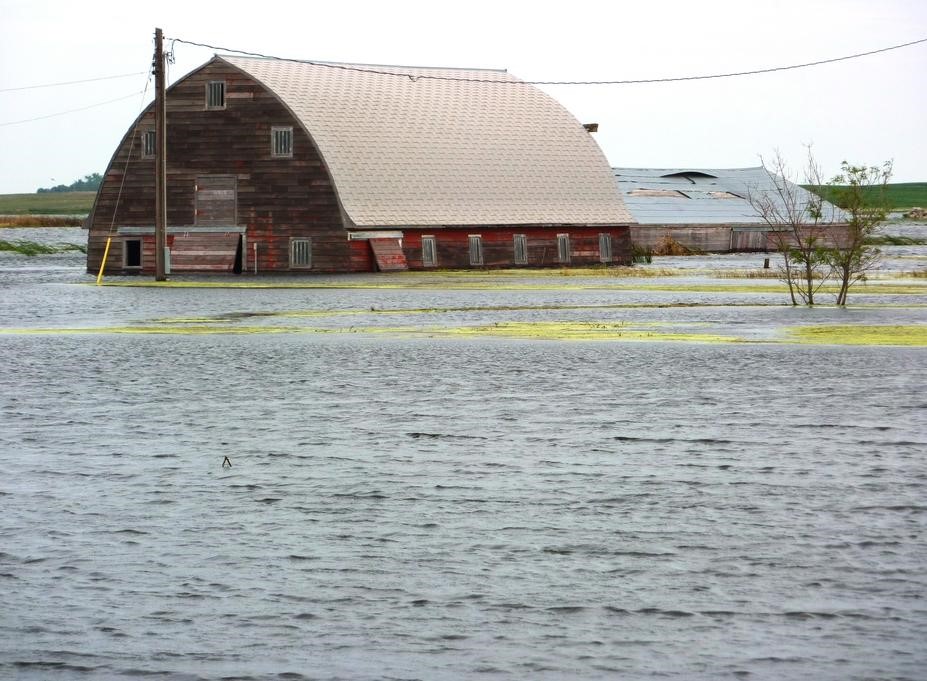
Flood
View resources to prepare for and recover from flood situations.

Youth for the Quality Care of Animals (YQCA) in South Dakota 4-H resources
About YQCA – the national program
Youth for the Quality Care of Animals (YQCA) is a national multi-species quality assurance program for youth ages 8 to 21 with a focus on three core pillars: food safety, animal well-being, and character development. The YQCA program is an annual certification created for youth producing and/or showing beef cattle, dairy cattle, sheep, meat goats, dairy goats, swine, poultry, and rabbits. The program has been designed by extension specialists and national livestock program managers to ensure it is accurate, current and relevant to the needs of the animal industry and shows, and is appropriate for youth learning levels.
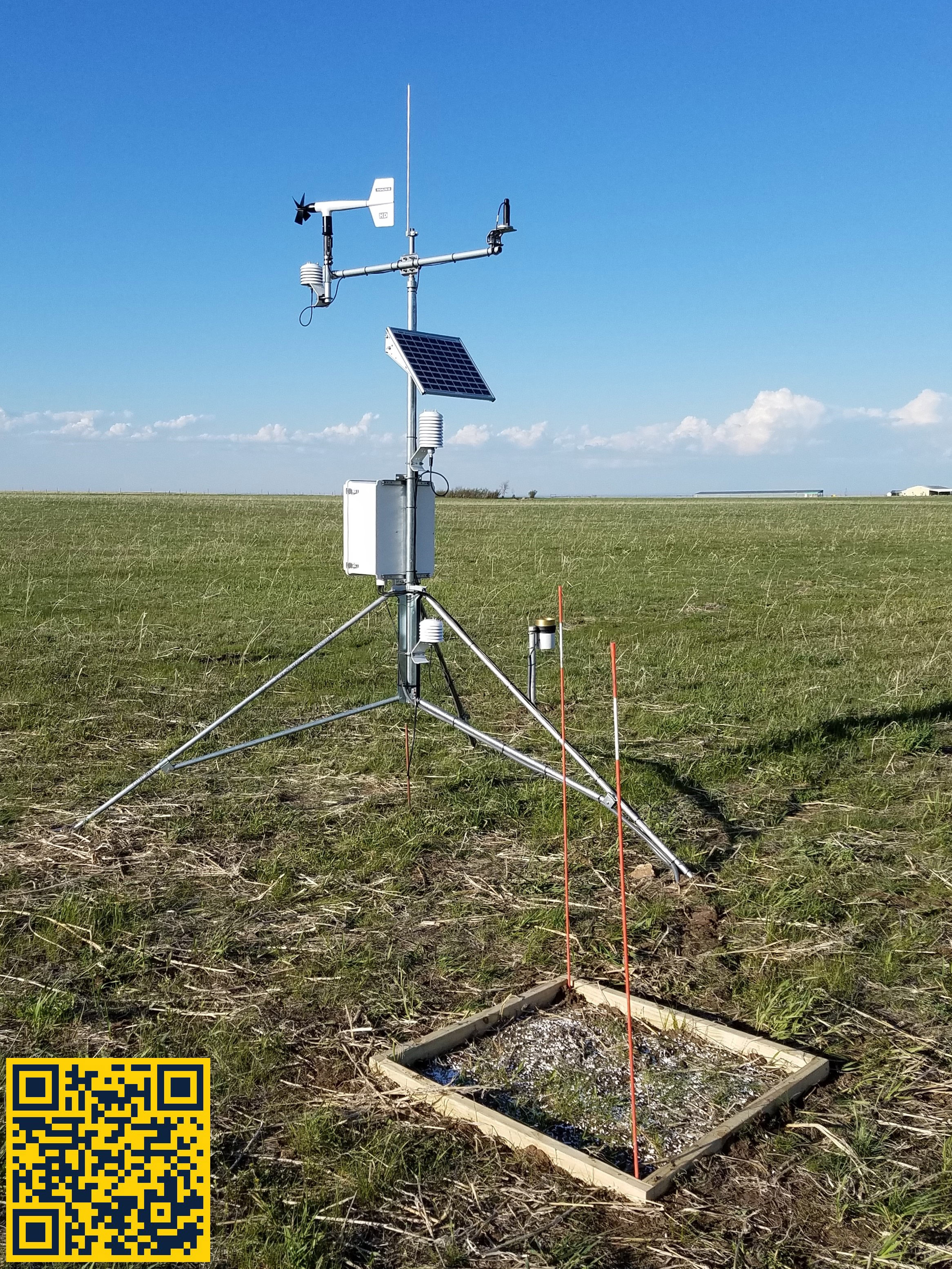
Climate and Weather
View resources to predict, prepare and recover from weather-related events year-round, including the latest drought and flood information.

Family Food Cent$ newsletters
The Family Food Cent$ Newsletter is published by the SDSU Extension Expanded Food & Nutrition Education Program (EFNEP) and Supplemental Nutrition Assistance Program Education (SNAP-Ed) through a partnership with the South Dakota Department of Social Services.
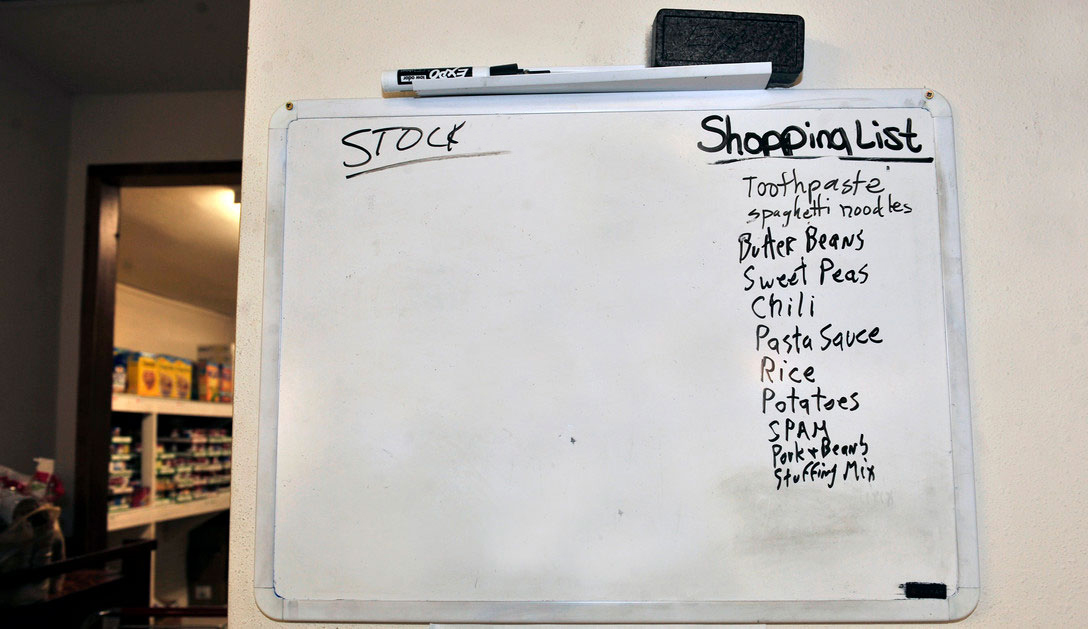
Helpful Food & Shopping Tips During Unexpected Events
When faced with unexpected events, such as a health crisis or natural disaster, planning meals and grocery shopping often comes to mind along with questions: What should I plan to make? What groceries do I need?
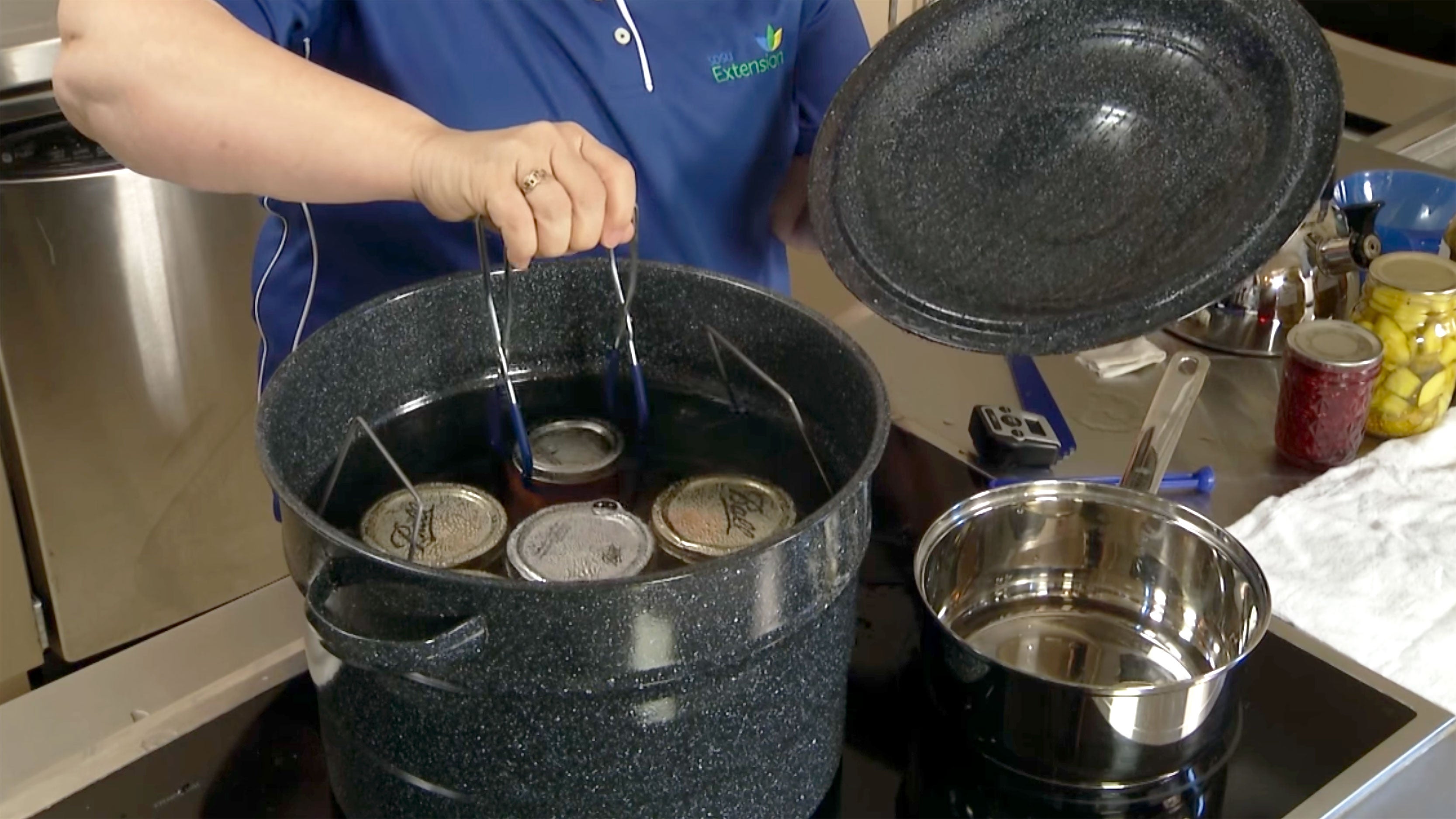
A Guide To Water Bath Canning
Water bath canners have fitted lids and removable wire racks. While they come in many sizes, the canner must be deep enough to allow a minimum of 1-2 inches of briskly boiling water that covers the top of jars during processing.